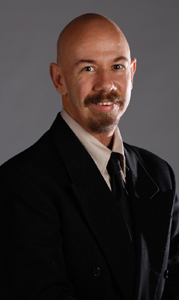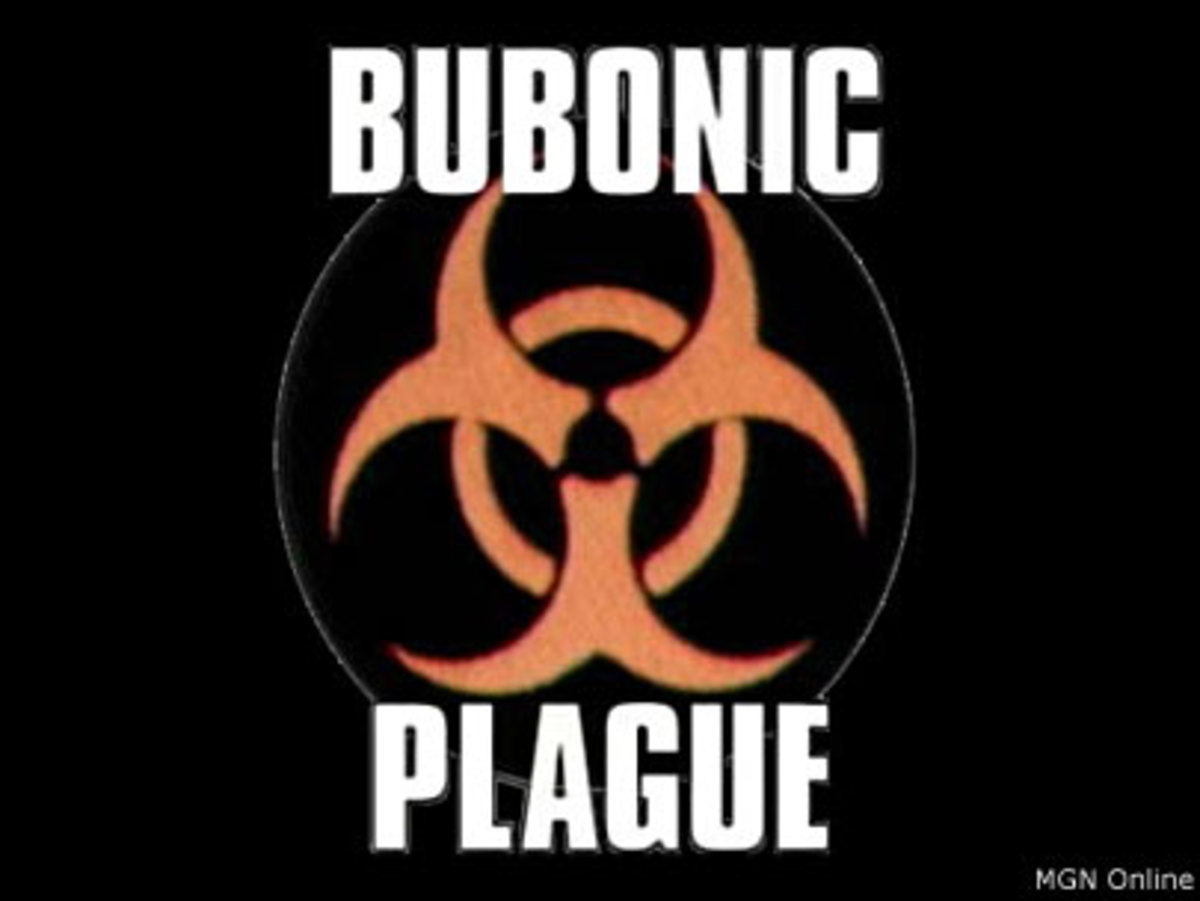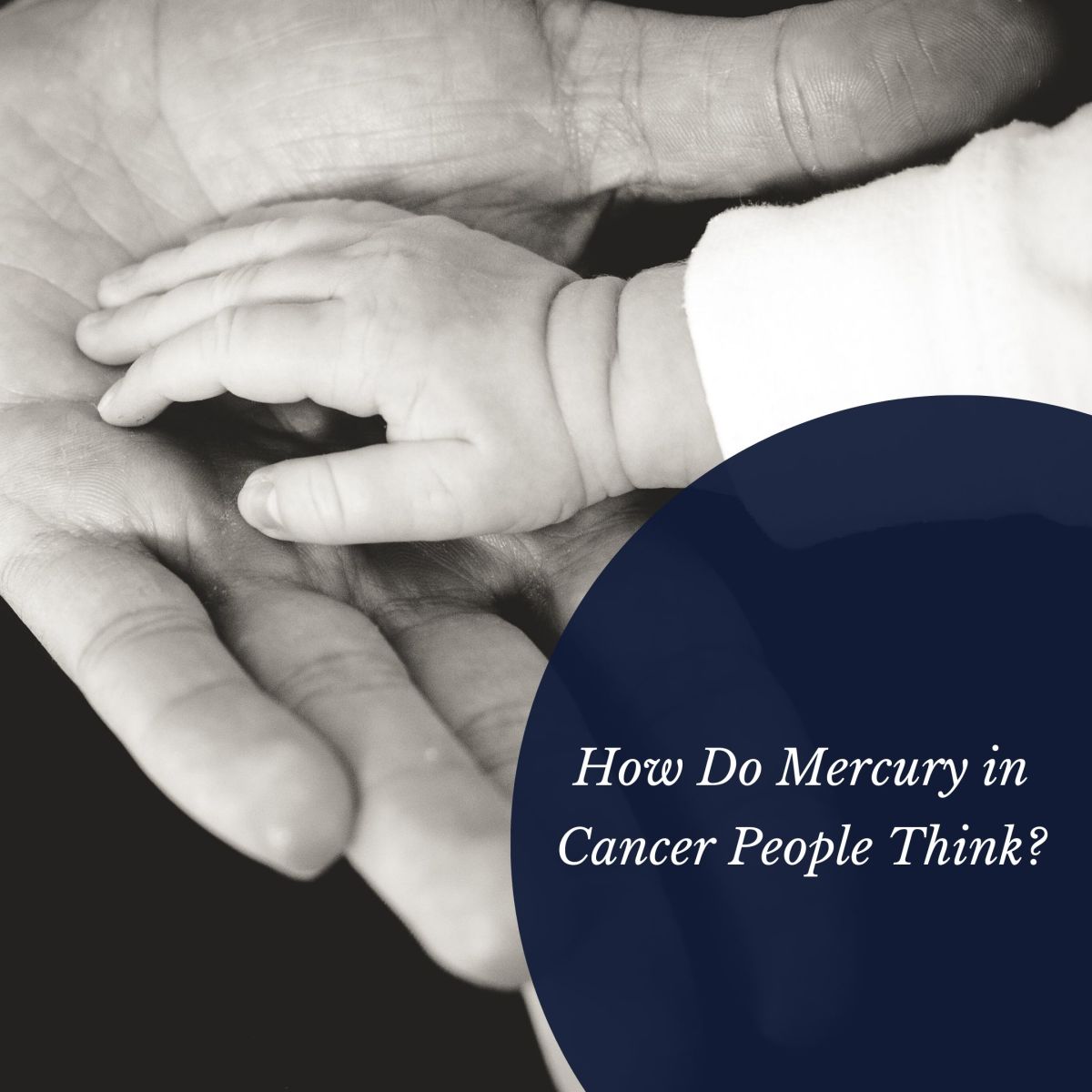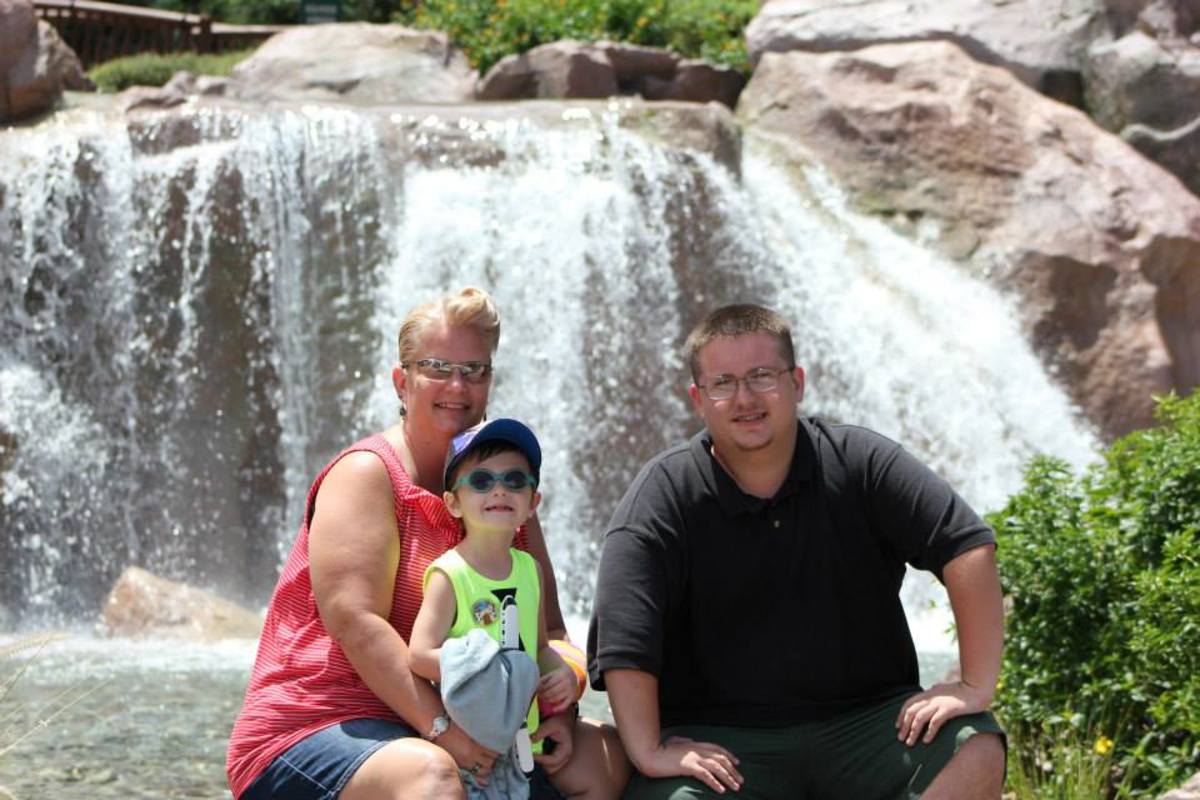Surviving Terminal Cancer
Lonnie Honeycutt -- Cancer Survivor

Living With the Fear of Cancer
Living With the Fear of the Recurrence of Cancer
“The LORD is my shepherd, I shall not be in want. He makes me lie down in green pastures, he leads me beside quiet waters, he restores my soul. He guides me in paths of righteousness for his name's sake. Even though I walk through the valley of the shadow of death, I will fear no evil, for you are with me; your rod and your staff, they comfort me. You prepare a table before me in the presence of my enemies. You anoint my head with oil; my cup overflows. Surely goodness and love will follow me all the days of my life, and I will dwell in the house of the LORD forever.” Psalms 23:1-6
Surviving 'terminal' cancer may seem like an oxymoron but it's exactly what I've done. Terminal cancer... terminal illness of any type... is a title (i.e., terminal) that is assigned to any disease or disorder that a physician believes will end in death. According to the American Cancer Society, terminal cancer is defined "...as an irreversible illness that, without life-sustaining procedures, will result in death in the near future or a state of permanent unconsciousness from which recovery is unlikely." In my case, death actually DID occur but, as I note in my book, "Death, Heaven and Back" I survived it.
Still, being a person who has had a 'terminal illness' (out of 40,000 people who were diagnosed with oropharyngeal cancer in 2006 over 11,000 of them had died by the time I was diagnosed with the same in 2007 -- by the time I died in 2008 another 50% of this same group had died -- all-in-all, not a very bright outlook) I can tell you from firsthand experience that going through and recovering from the same is not as easy as it might seem.
First, there's the mental stress that one undergoes simply trying to wrap your mind around the fact that the disease you have probably will end in your death (normally a permanent situation for most people*). As I note in my book "Death, Heaven and Back" (available via www.Amazon.com), I actually took pains to make certain that my family would remember me after I was gone. One of the most painful things I've even done in my life (writing letters to my children so they would have something to read from me once I had departed from their lives) I did while undergoing treatment for the cancer that had invaded my body. Secondly, the physical aspects of living with such an illness are daunting. As the disease or the treatment of the same progresses you start 'losing yourself.' What I mean is that as your body becomes weaker and weaker and your mental capacity begins to diminish (normally the former (physical) degrades at a quicker rate than the latter (mental)) you begin to wonder how you're going to cope, how your disease will affect others, and if you're too much of a burden on those you're around (and you have about a dozen other 'wonders'). Finally, you begin to assess yourself spiritually. Of course, for some people (definitely the minority), this is the easiest part of the illness process since they have no spirituality (or at least they claim not to have) because they are atheists. However, for the vast majority of people, their spirituality (or lack thereof) becomes a major focus. Again, I know this from first and secondhand knowledge.
For instance, I began to 'wrestle' with my own beliefs inasmuch as I wondered if what I was currently doing would be pleasing to my Lord and Savior Jesus when I met Him face-to-face. I can honestly say that I never once doubted my salvation. Still, I encountered many others during this period of trial and tribulation who either had no concept of salvation or weren't sure of how to be certain that they were saved (i.e., that they would go to Heaven after they died) or who held an antithetical view towards the Gospel and the Bible in general. I even met and conversed with some who weren't remotely Christian (i.e., Muslims, Jehovah's Witnesses, Mormons, atheists, agnostics, those who professed to be Christians but who showed no fruit of Christ-likeness, etc.) but who were 'good people' in the traditional sense of being good. These were the most difficult people to whom I had the honor of witnessing.
So, to say the very least, being diagnosed with a malignant, aggressive cancer (or any other life-threatening disease) is harrowing in that it can destroy your sense of self, your sense of worth, and your sense of being just as easily as it can destroy your body.
Caregivers -- Unsung Heroes!
Unless you’ve ever suffered from a disease that is as devastating as cancer (one that can be ‘cured’ and yet crop-up again at any given time), it’s impossible for you to fully understand the fear those of who live with such a diagnosis. I’m convinced that the only ones who haven’t personally suffered from such a disease who can possibly know this type of fear are our caregivers.
Caregivers, as the name implies, are those who care for the sick and the infirmed. My wife was and is one of these incredible people. For months upon months my wife got no more than 2 hours of sleep at a time because I was so feeble that I couldn't medicate myself properly. Since I was supposed to take different medications every 2 hours (round the clock) she either had to do it herself or we would have had to hire someone (a nurse) to stay with me during the night). Due to the fact that she had lost her job and I couldn't work during my course of treatment there was no way we could afford to hire anyone and, so, the workload and the responsibility fell squarely upon her shoulders.
I can't tell you how often I've thanked my wife for caring for me during my bout with cancer. She has truly held firm to her vow to love me 'through the worst of times.' As much and as often as I've said 'thank you' I never feel that it's enough because I truly do realize how much she had to endure during that time.
Still, she and I both recognize that as daunting and impossible as caring for me sometimes seemed, it's nothing compared to the amount of care and the time that some of our friends have had to go through for their children and spouses. Indeed, some of what we've vicariously experienced by helping those we've met during the past couple of years (and before) have made our experience pale in comparison.
So, if you know of any caregiver, please know that they deserve our utmost respect and, if you're called to do so, you should lend them a hand -- even if that means taking over their duties for just a few hours to give them some 'alone time' or free time to simply do nothing. If you happen to know a caregiver and you're uncertain as to what they need, if anything, don't hesitate or be afraid to ask them. Sometimes, you'll need to assure them that you ARE serious about helping them because these individuals are unusually stoic and don't want to be an imposition on anyone. Still, I can attest to the fact (as can my wife) that they will appreciate any and all help that comes their way.
Fearing the Return of Cancer
For the most part, I don’t think about getting cancer again. But, every now and then, especially around the anniversary of when I was first diagnosed with the demonic disease or when the date of a scheduled checkup grows closer, fear grips me with a fury that’s unmatched by any other I’ve ever encountered.
Part of the fear I experience is wondering how the people in my life will be affected if I get sick again. This is a special fear for me as it concerns my children, but I also worry about how others will be affected as well. One of the reasons for my apprehension is because people begin to treat you differently the further out from the disease that you get time wise. This is both comforting and aggravating at the same time. It’s comforting in that you want to be treated as if you’re normal and yet it’s aggravating because people have a tendency to forget that you aren’t normal. For instance, people I’ve known for a long time, even my close friends, often treat me as if I’m absolutely and completely fine while I feel that I have a time bomb inside of me and it’s just waiting to explode. But, I never want to confront these people because they are my friends and they’ve stuck with my family and me throughout this ordeal. I live with the fear that if I tell them how I really feel (frustrated, scared, angry and calm, protected, sad and happy all at the same time), they’ll either have one of two reactions:
1) They’ll pity me and treat me as if I’m frail and feeble; or
2) They’ll get angry with me for not being stronger.
Part of me needs to be well (free from cancer) because I need my friends to see me as triumphant over the disease. Of course, this is pure nonsensical hogwash because both they and I know that it’s not me who defeated the cancer in the first place any more than I caused it to appear inside my body. Still, there’s a big part of who I am that wants to be a hero for everyone involved in my recovery. I’d imagine that many people who’ve suffered from a curable disease and are in remission feel this way.
Be Careful of What You Say To People Who Are Sick
I can assure you that people who are sick (especially those who have a life-threatening disorder) usually want to talk to others. However, having spoken to many people who’ve gone through cancer treatments and other illnesses and came out on the other end alive, I can tell you that your family and friends (those whom you know love you) often say things that are completely insensitive. For instance, I recently had someone with the best of intentions tell me, “I feel badly that I didn’t contact you sooner because I know so much about natural health and nutrition. The reason I feel bad is because so many people are so naïve about what actually causes cancer and how to get rid of it naturally. I know you chose to take the medical route, to have an operation to remove some of the cancer that had invaded your body and then to have radiation and chemotherapy to kill the rest of it, and it isn’t and wasn’t necessary. But, I understand that people get scared and don’t know of any other alternatives.”
I can’t tell you how offensive this type of well-meaning comment is to someone who has been through any type of cancer treatment. Honestly, it’s infuriating that someone would have the audacity to not think through such comments. In essence, what I was being told is that I had failed to consider all the alternatives at my disposal before subjecting myself to debilitating and disfiguring surgery and subsequent treatments for the cancer I was afflicted with. Still, since I know the heart of the person who said this to me, I can’t really get too offended by the comment because I know it was said with the best of intentions.
A word of advice I’d like to give anyone who knows someone with a life-threatening illness is to be less sympathetic and more empathic to the person you’re dealing with. In counseling, one learns that to be sympathetic is to ‘maintain a distance from another’s feelings’ while to be empathetic means to ‘understand or imagine the depth of a person’s feelings.’ Almost no one likes sympathy but almost everyone craves empathy because it means to have feelings with a person rather than feeling sorry for a person. In essence, when someone is being empathic towards me, it means they are willing to walk a mile in my shoes. Honestly, I’ve not met all that many empathetic people in my life – especially as it concerns health issues. Those who are, such as my wife, seem to be able to cut through the garbage of life and go right to the heart of the matter at hand. They are the ones who you’ll see at AIDS clinics, cancer centers, heart hospitals, and other places actually interacting with patients, their caregivers, and their families instead of just doing stuff that helps but that isn’t really healing. Please don’t get me wrong. I know that people have different gifts and strengths and that some are better suited for one-on-one interactions than others are. I used to be one of those people (shy, introverted). I wanted to do more for people in need but I simply had not learned how. So, I LOVE it when anyone reaches out on whatever level they’re able to. If the only way you know how to reach out to someone is by mowing their lawn, doing dishes, cleaning up their homes, emptying out bedpans, or any number of other chores, I pray that God will bless you richly! But, I sincerely hope that one of the ways He blesses you is by introducing you to a deeper level of outreach, an outreach that becomes in-reaching and therefore enriching for both you and those you come in contact with. However, I can promise you that in order for you to become effective in such a ministry you’ll need to press yourself inward and towards those you see who need your help.
By all means, serve on outreach teams so that you can reach out to the community at large. But, while doing so, be open to the possibility of praying for others or, if they aren’t ‘into prayer’ be willing to sit with them and just chat. I can’t tell you how important talking with people is – especially for the patient. Believe me, I never expected anyone to fully understand what I was going through when I had cancer and was undergoing treatments for the same. Still, it was fantastic when someone who wasn’t sick showed me enough kindness to simply sit down and talk to me. I encourage you to not be all that concerned with how the conversation is going to go. You aren’t going to be expected to give any life-changing advice and, normally, the conversation you’ll have won’t even be all that morbid. In fact, most of the conversations I had with people who were willing to talk with me were very life giving. I’ve found that the majority of people who are faced with life-threatening disease aren’t all that wrapped-up into discussing death or even the afterlife. What we all want is to feel normal and part of normalcy is to talk about things that interest us. For me that meant that most of my conversations revolved around religion, cooking, and family. Others like to speak about sports, friends, hobbies, and a host of other topics that aren’t related to death but, rather, to life.
A Top 11 List of Things To (or Not To) Do
So, if you’re willing to enter into the life of someone else (especially those who are ill) here’s a few crib notes to remember:
1) Pray, pray and pray some more. Pray before you go, pray when and if they ask you to and pray after you’ve left them. Don’t worry if you’re asked to pray for them that they’re expecting some great oration. Use simple words and just talk to God. When you pray, you need to believe that God has the power to heal them but you should also be willing to accept it if He doesn't. Believe me when I tell you that prayer really does move God.
2) Smile. A lot.
3) Be patient with those of us who are patients.
4) If you’re nervous about speaking to someone, bring along something to do with your hands such as a book (non-religious is best unless you know the person very well), a deck of playing cards, a checkerboard, gum, etc. so you don’t fidget.
5) It’s important to eliminate distractions such as music, television programs, rowdy children, etc., so that you and the person who is ill can have real, meaningful conversations. However, this doesn’t mean that you should chitchat just for the sake of avoiding silence. Remember that silence is okay and that often just making yourself available to the person is enough support.
6) Respect that the person you’re trying to communicate with will probably have differing levels of energy at different times (I know, based on the notes I took, that this was definitely the case in my situation). As such, you should allow them to dictate the length of time you visit and converse. Ask them to let you know if they need to rest and be alert to visual signs that they are getting tired.
7) Allow the person you’re speaking with to express their feelings (even if these feelings include guilt, depression, anger, or fear). Always keep in mind that these feelings aren’t caused by you even if they are directed at you. Also remember that your ‘job’ is to listen and empathize with the person. They aren’t really looking for someone to give them answers, they just need a friendly shoulder to cry on and someone they can trust not to get offended if their behavior seems a tad abnormal.
8) Don’t be afraid to ask the person about their recovery or treatment options. We like to talk about the options we have. Of course, if the person doesn’t want to talk about their options, don’t pursue the matter.
9) As you get to know the person or if you feel led by the Lord, ask the person you’re speaking with if they need or want to contact anyone to tell them what’s going on. This can be an especially helpful offer since some people put off contacting friends or family until it’s too late. Having you make an offer to be a go-between can not only challenge the person to be honest about who he or she needs or wants to contact but it can also alleviate much of the stress of them having to make the initial contact.
10) Ask about their life, what they’ve done thus far and what they plan to do in the future. In other words, get them to reminisce and to imagine a future. Don’t be shocked if this type of talk brings one or both of you to tears – and don’t be afraid to cry in front of them!
11) And last, but not least, don’t smoke around a person who is ill!
Remember also that those of us who are survivors may not feel free for quite some time to discuss the things we've gone through or to talk about what it is we're currently going through. As I've stated above, be patient with us. I think you'll find that most people, once they start talking, find it very cathartic and you'll probably be inspired by the courage some people have mustered in order to get through their challenge.
So, now that you've heard from me, a cancer survivor, about some of the issues we (as a whole) face, I'd like to hear from you. Tell me your story. Give me some of your suggestions. If you'd care to email me directly you can do so at: revlonnie@gmail.com.
Take Care, God Bless and Good Health!
Sincerely,
Rev. Lonnie Honeycutt
*When I state the death is 'normally a permanent situation for most people,' I'm referring only to 'death' in the natural. That is I'm not talking of the Christian's position in Christ for we are told that those who believe in Jesus as their Lord and Savior will never die even if their bodies die here on earth. I stand as a living witness to this as a fact.
Death, Heaven and Back by Lonnie Honeycutt

Purchase Death, Heaven and Back from Amazon.com
- http://www.amazon.com/dp/1441405127?tag=deeliffeleas-20&camp=14573&creative=327641&linkC
Purchase the book, Death, Heaven and Back by Rev. Lonnie Honeycutt directly from Amazon.com








